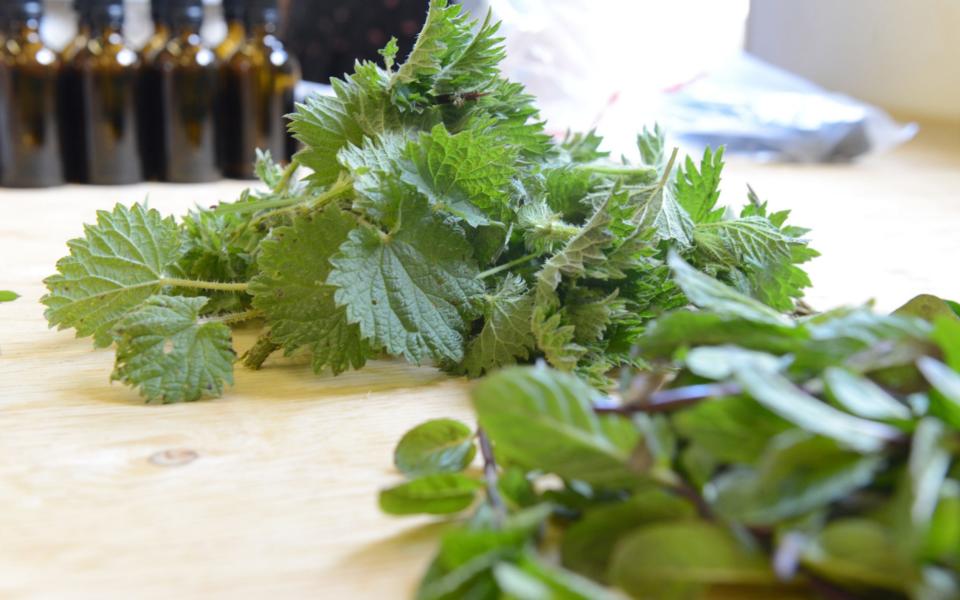Gin, honey, and red lights: the surprising hay fever cures that could save your summer

Last week's heatwave may have relented, but there's no respite for the UK's itchy-eyed hay fever sufferers: heightened winds and humid air are playing havoc with the pollen count, which has soared over the past few days to nose-irritating levels.
Antihistamine is the most popular remedy – but that doesn't mean it's the only one out there. Many summer-sneeze-sufferers are hunting down more natural solutions, with a holistic approach in mind. The most recent (and appealing)? Gin. But does it really work?...
Gin

There's good news and bad news here.
The bad news is that alcohol is best avoided if you suffer from hay fever, according to the Met Office. Alcohol contains histamine and sulphite, which are two of the main causes of seasonal sniffles.
The good news is that, according to Asthma UK, strong spirits are relatively low in those two chemicals – in fact, pure gin often contains no histamine whatsoever.
So, not so much a cure as a mitigating option.
Honey

A spoonful of honey helps the pollen go down? Well, perhaps. It's long been suggested that by eating local honey, hay fever sufferers can become immune to pollen's irritating effects. The theory derives from immunology, where small doses of allergenic substances are administered in reduced amounts, with the aim to eventually build an immunity.
Sadly, there's not so much by way of research to back up the technique. In fact, in one double-blind test in 2002, scientists found honey had no role to play in reducing symptoms at all.
However, anecdotally, some people do swear that local honey helps control their symptoms. One to try on a case-by-case basis.

Red lights

Another non-medical alternative for combating hay fever symptoms is the use of a red light, shone inside the nostrils. The light is claimed to decrease histamine production, increase blood circulation and reduce inflammation.
Again, scientific evidence is far from 100 satisfactory, but gadgets have been created for its specific use and some users do report positive results.
Hypnosis

Self-hypnosis
Can you teach yourself not to get hay fever? That was the question asked by a Swiss team of researchers in 2005, who undertook a two year experiment involving 66 sufferers and self-hypnosis.
Perhaps surprisingly, they found that sufferers who practised self-hypnosis on top of taking their normal anti-histamine drugs experienced a decrease in symptoms.
Dr Peter Whorwell from Wythenshawe Hospital in Manchester told the BBC that he suspected hypnosis worked by increasing blood flow and hence alleviating congestion in the nose.
"Hypnosis has been used for a variety of medical conditions, including asthma, eczema and migraines," he said. "It's definitely an area that is worth researching."
Nettles

It's a feared weed that produces a surprisingly delicious tea – but could nettles also help to combat hay fever?
Research in the past has found evidence to suggest as much. In one study, 57pc of patients found that, when ingested, nettles were effective in relieving allergies – and almost half of those surveyed believed that they were more effective than conventional medication.
Naturally rich in iron, vitamin C and calcium, the plant is also a beneficial booster for your immune system.

 Yahoo News
Yahoo News 
